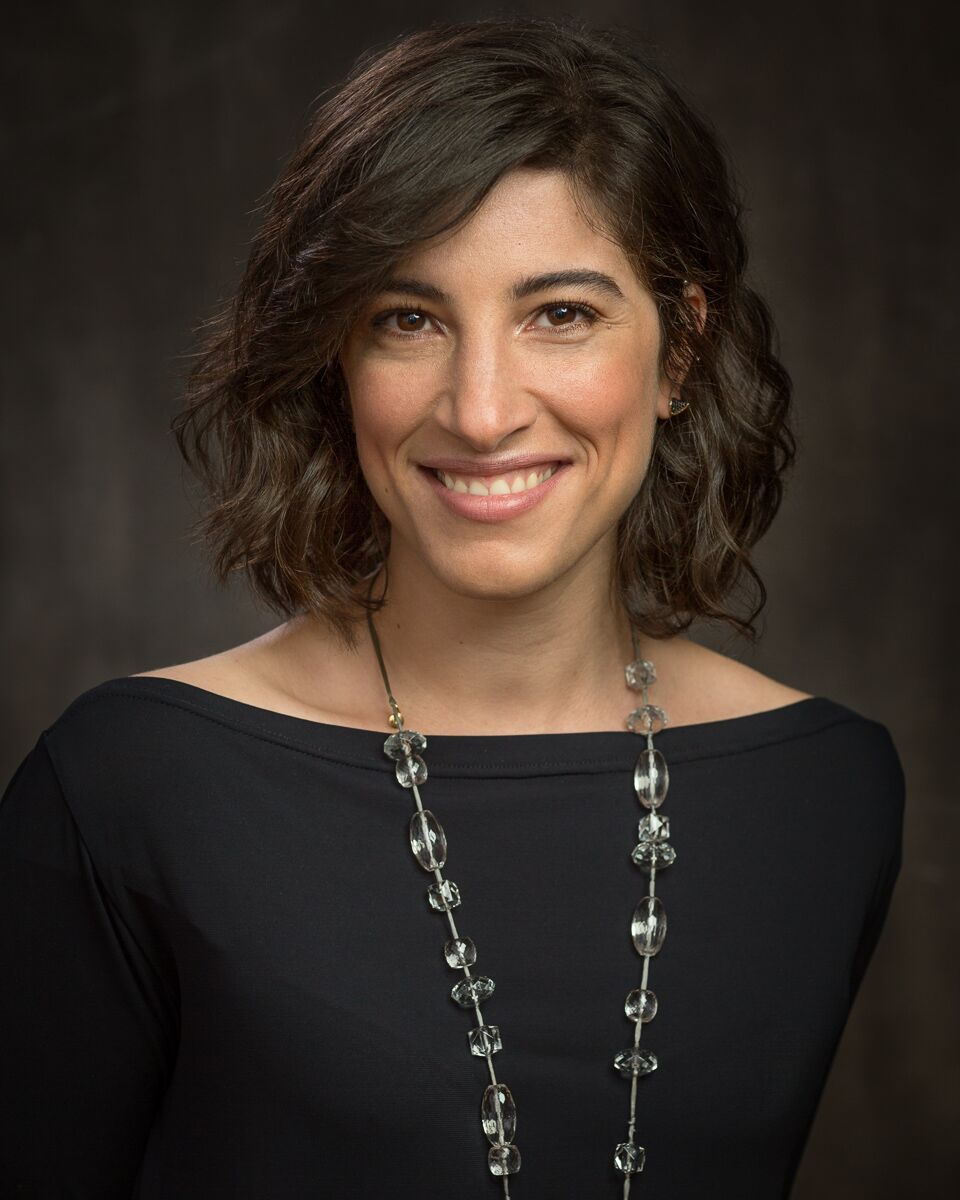Or listen on your favorite podcast app
Apple Podcasts / Google Podcasts / Spotify
—
Renee DiResta is a Mozilla Fellow in Media, Misinformation, and Trust as well as Technical Research Manager at Stanford’s Internet Observatory. She spends her time at Stanford working on forensic analysis of misinformation campaigns, proactive detection, and policy analysis. Mozilla’s Fellowship program explores “internet health — from harassment to accessibility to privacy and security.” In her day-to-day, Renee analyzes design choices and platforms decisions to understand how they affect information integrity.
Prior to her interest in misinformation campaigns, Renee received degrees in computer science and political science from Stony Brook University. Her first job outside of school was writing code for a financial trading company. However, she quickly realized she wanted to become a financial trader herself and went on to become an arbitrage trader for seven years before moving to Silicon Valley to work in venture capital at O’Reilly AlphaTech Ventures. After a few years in Silicon Valley, Renee was bit by the entrepreneurial bug and started her first company, Haven, which uses technology to streamline end-to-end shipment management for global companies. During this time, Renee had her first child and became interested in the anti-vaccination movement, causing her to get involved in advocacy online and begin researching misinformation campaigns.
On this episode, Stephanie and Renee dive deep into the red flags or anomalous activity Renee identifies online to point to misinformation campaigns, the responsibility of tech companies to protect users, and so much more
—
P.S. Thanks to our partner, b8ta, this week we will be giving away three Pocketalk voice translators. The Pocketalk supports up to 74 languages and uses built-in mobile data to provide two-way foreign language translations in real time. Enter the giveaway here for a chance to win!
Quotes from Renee:
“There has been a sense that as more and more nation-states realize that running influence operations and election interference is a possibility, there is a belief that other countries are going to get into the game too.”
“The Internet Observatory gives us an opportunity to take those of us who have expertise in influence operations and manipulation and work with scholars who have expertise in the region to combine those two skillsets to have a more complete picture of what’s going on in that area.”
“The challenge we have as Americans today is that there is an increasing awareness that a lot of the internet is fake, that a lot of accounts aren’t real, massive click fraud and ad fraud etc. There is a huge battle being fought for your attention and the things that are most likely to grab your attention are things that are emotionally resonant and sensational. So the challenge for people is ‘how do you not become a chronic cynic?’ As we think about how we respond to the new information ecosystem, the question becomes ‘how do we balance a healthy skepticism’?
“The platforms are the first line of defense and they have to bear that responsibility. That is the cost of being a billion dollar business and a hugely popular platform. You have to have that focus on user protection and user security.”
“We are at a point now where we could have spammers and domestic ideologies. The ideologues who just want to get their message heard above the den, they recognize that this is a free for all so if you can buy a botnet then you can get attention. That is really the challenge because where is the line between legitimate activism and coordinated inauthentic activity? That is a huge problem right now. What is fair game? What is just good internet marketing?”
“I’m fascinated by the idea that as a society we have to come to a consensus somehow. The disinformation campaigns that I look at or research are related to punctuated moments in time. But ultimately they all are there because of the same operational goal of how a society comes to a consensus on a candidate or policy.”
“I love the people in the Valley. I love the ‘anything is possible’ kind of attitude. I love that people get excited to talk about ideas. I loved how helpful people were, how they would answer your emails and how they would actively work to help your career.”
Mentions:
Taiwan 2020 Presidential Election
The Image: A Guide to Pseudo-Events in America



